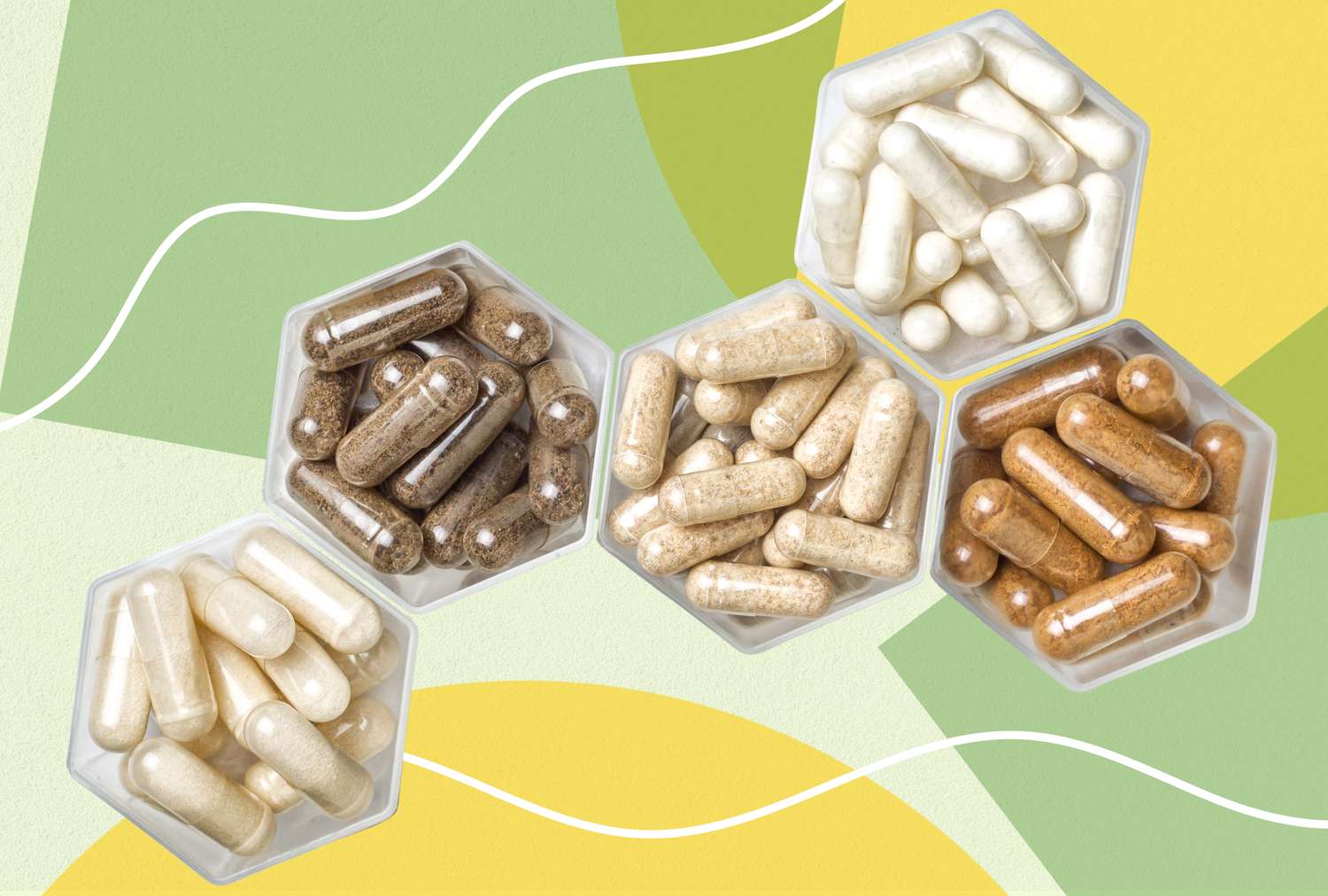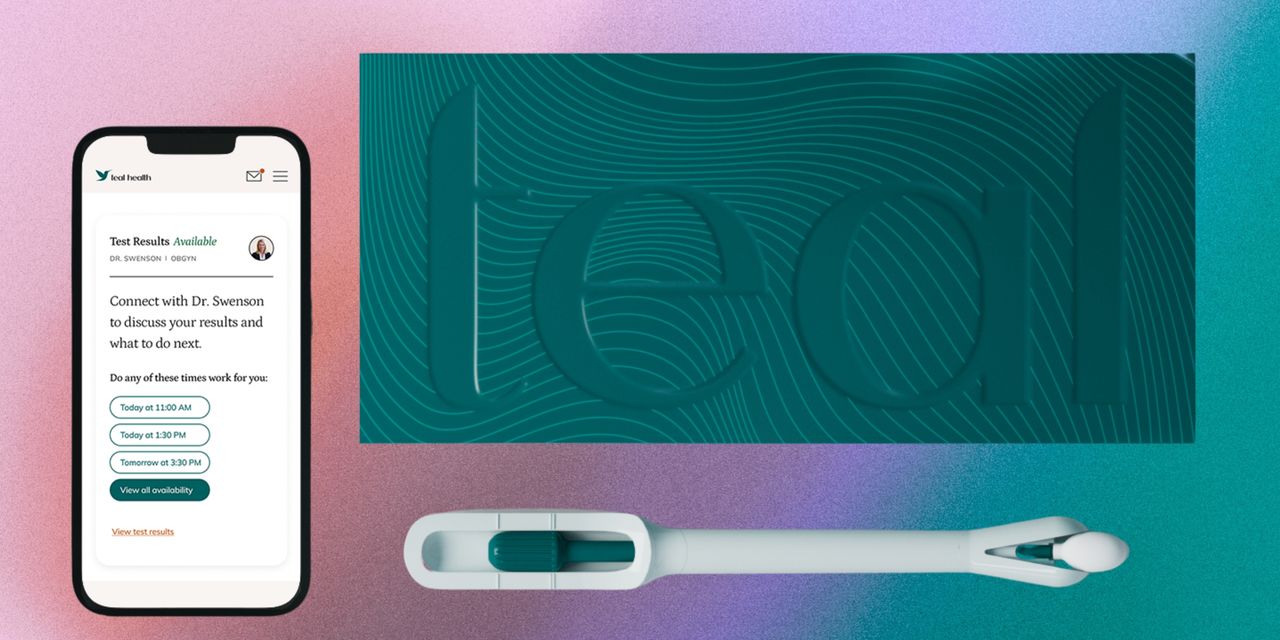Blog
5 Supplements You Shouldn’t Take to Prevent Cancer, According to a Dietitian

- Dietary supplements shouldn’t be taken to reduce your cancer risk—some may actually increase your risk.
- Experts encourage getting nutrients from food like fruit, veggies and whole grains instead.
- Consider lifestyle changes like limiting alcohol and getting regular exercise to lower your cancer risk.
If there’s one thing you can take away after reading this article, it’s this: Supplements do not prevent cancer. That’s the stance of the World Cancer Research Fund, which encourages people to get their nutrients from food, not supplements. “Overwhelmingly, studies on supplements rarely pan out,” says Hillary Wright, M.Ed., RD, a senior oncology dietitian at Dana-Farber Cancer Institute. In specific situations, supplements may be useful for filling personal gaps in one’s diet, but they’re not useful when it comes to preventing cancer in the future, says Wright.
Still, the pull to pop is understandable. “It can be easier to take a pill than think about how to incorporate more fruits and vegetables into your diet,” says Wright. Let’s address five supplements that have been suggested to help prevent cancer and what you should do instead.
1. Beta Carotene
Beta carotene is an antioxidant plant pigment that’s part of the carotenoid family. (Antioxidants are substances that neutralize cell-damaging free radicals.) Your body converts beta carotene into vitamin A, and it can be found in produce like carrots, dark leafy vegetables, sweet potatoes and cantaloupe.
“The interest in beta carotene came from the observation that people who eat more fruits and vegetables seem to get less lung cancer. However, beta carotene is one singular component of countless compounds that someone’s body is exposed to if they eat more fruits and vegetables,” Wright explains.
When research was done on beta carotene supplements, scientists learned that people who smoke and take beta carotene get more lung cancer, and the research had to be terminated, she says. Wright adds, “From a nutritionist standpoint, it’s not surprising that when we cherry-pick a particular nutrient and take it in high doses that don’t occur in nature, there may be unintended consequences.”
2. Vitamin C
Vitamin C is another antioxidant vitamin that has had a long history of being linked to immune system support. “There’s been an interest in vitamin C ‘boosting’ the immune system for decades. I haven’t read any science that backs that up across the board,” says Wright. “There is a lack of evidence suggesting that we should take daily supplemental vitamin C.” (It’s a water-soluble vitamin, so you typically urinate the excess, and there’s less of a safety risk compared to other supplements like beta carotene.1) That said, eating foods high in vitamin C is a good idea—and in fact, a C-rich diet has been associated with a lower incidence of several cancers, including breast, cervical, endometrial, esophageal, lung, pancreatic and prostate cancer.
3. Vitamin E
Like beta carotene, taking vitamin E may cause more problems than it solves. It’s an antioxidant, which is why vitamin E supplements have been linked to cancer prevention. Although there have been studies done on the effects of vitamin E supplements on some cancers, the results have been mixed. Disappointingly, there is not enough evidence that taking vitamin E will help you prevent cancer, and it can increase your risk of certain cancers, particularly prostate cancer, when consumed in large doses.
4. Vitamin D
Vitamin D is considered a hormone that improves calcium absorption in the gut and affects bone formation. We get vitamin D from the food we eat (such as dairy), and our skin produces the vitamin in response to sun exposure. There is no doubt that adequate vitamin D is incredibly important for overall health. “We have vitamin D receptors in almost every cell in our body—but this doesn’t mean that people need to be super vitamin D’d,” says Wright.
When it comes to cancer, while there is evidence that D may inhibit the growth of cancer cells in animal models, there is no data to suggest that this decreases the risk of cancer in humans.9 If you suspect your levels of D are inadequate (a frequent occurrence in the winter months for those in more northern climates), talk to your health care provider about being tested for vitamin D and if a supplement is right for you.
5. Calcium
Calcium is a key nutrient for bone health, muscle and nerve function, and blood clotting. In some instances, your health care provider may recommend supplemental doses if you are at risk for calcium deficiency due to your health or diet. However, excess intake of calcium—more than 1,000 milligrams from supplements daily—is associated with a 53% increased risk of cancer mortality, research has found. (Calcium from food was found to be safe.) It’s not yet clear why excess supplemental calcium may have this detrimental impact, but the amount of calcium absorbed by the body may differ when it comes from food versus supplements.
Other Strategies to Reduce Cancer Risk
Cancer prevention isn’t found in a pill. “Overwhelmingly, diet and lifestyle strategies show the most promise for reducing cancer risk and supporting survivorship,” says Wright. According to the WCRF, 40% of cancer cases are preventable. The following is an evidence-backed list of five of the WCRF’s recommendations to prevent cancer:,,
- Maintain a healthy weight: Overweight and obesity can lead to chronic inflammation and higher than normal levels of insulin, insulin-like growth factor and sex hormones, which may lead to cancer. The more weight a person carries and the longer they do, the greater the risk.
- Be physically active: Getting regular exercise can help manage your weight. Adults should aim for 150 to 300 minutes of moderate-intensity or 75 to 150 minutes of vigorous-intensity activity each week.
- Eat whole grains, vegetables, fruits and beans: Vegetables (including beans) and fruits contain vitamins, minerals, fiber and other plant compounds that may help prevent cancer. These foods, in addition to whole grains, may also reduce the risk of cancer by supporting a healthy weight.
- Limit fast foods, red and processed meats and sugar-sweetened drinks: The science is clear on the connection between increased cancer risk (especially colorectal cancer) and eating red and processed meats. Red and processed meat may also play a role in increasing the risk of breast cancer and some forms of prostate cancer.
- Limit alcohol and don’t smoke: Drinking can increase your risk for certain types of cancer, like throat, colon, rectum, breast and liver. Stay within the guidelines for alcohol (two drinks per day for men and one drink per day for women). Smoking is responsible for 9 out of 10 lung cancer deaths, but it also raises your risk for many cancers, including bladder, blood, colon and stomach cancer.
Also on this WCRF list? “Do not use supplements for cancer prevention.” You heard it from the experts.
Our Expert Take
Dietary supplements should not be taken to reduce your cancer risk. While many are probably completely ineffective (creating only expensive urine), some supplements have been shown to paradoxically increase your risk of cancer. That includes high intakes of antioxidant supplements, most notably beta carotene. Consuming nutrients through a healthy, balanced diet is safe and healthy. Plus, a diet that focuses on plant-based foods like whole grains, fruits, vegetables and legumes has been shown to be protective against cancers. If you need to take a supplement due to a health condition or dietary need, follow your health care provider’s recommendations.












